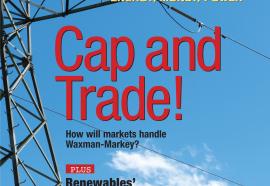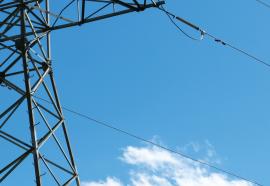Catching Europe's Cold
When prices for emissions allowances collapsed in Europe’s carbon market a year after trading began, critics said the collapse proved a regulatory product couldn’t be traded internationally. Sure, they said, the U.S. acid-rain market worked, but it was never an international market—and it couldn’t be, given the propensity for governments to protect their own economies.







